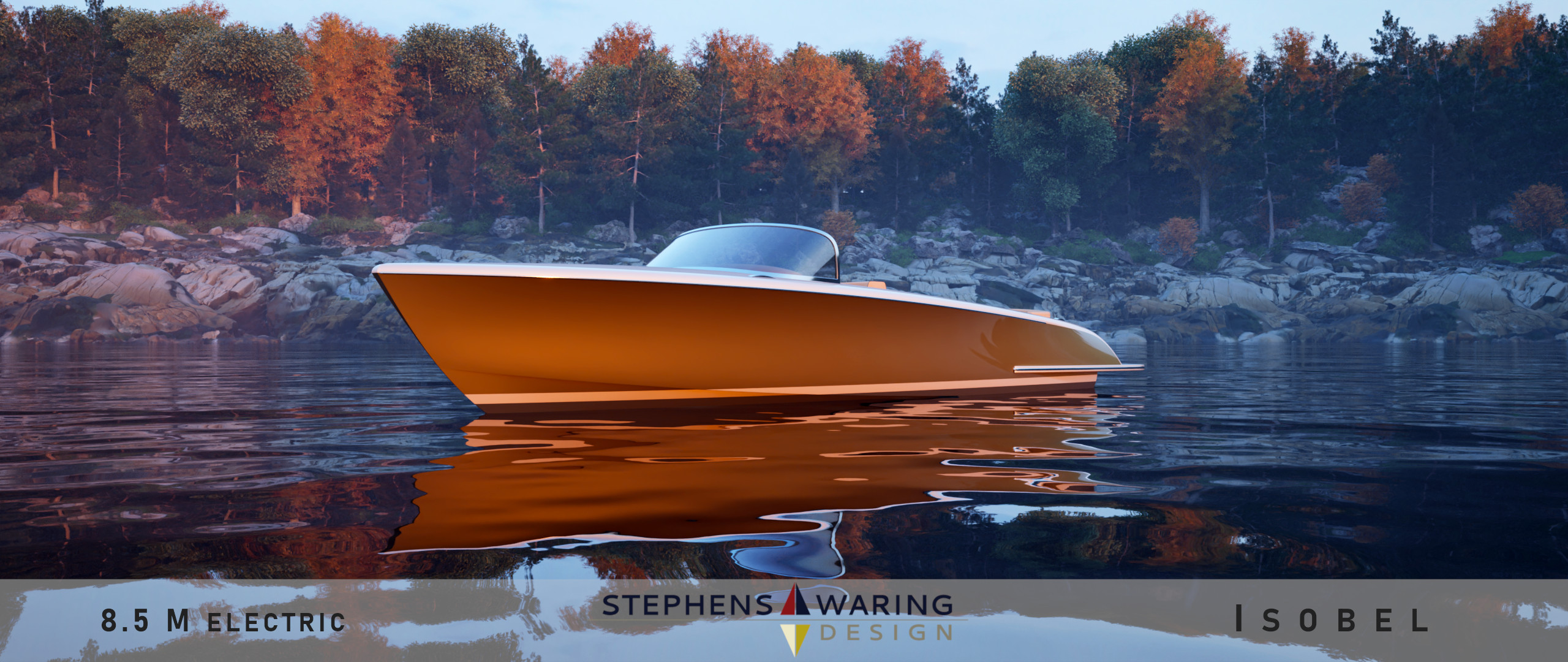

The Impact of Electric Boat Motors in Marine Research
For those marine enthusiasts among us, the waterways can be both an exhilarating yet calming place, with comforting sights and hidden gems all across the UK coastline It’s an experience that we feel has improved thanks to the advent and development of the electric outboard.
Yet, the benefits of the electric advantage across the water extend far beyond recreational boating. Beneath the shimmering ocean surface lies a world of marine life that needs our understanding and protection. Marine ecology research, however, has long relied on traditional combustion-powered boats, a significant source of emission environmental concern.
In the vast expanse of marine ecology, the benefits of electric power extend far beyond a mere technological upgrade. These motors redefine the essence of scientific exploration, aligning it harmoniously with ecological conservation and innovation. This blog will explore the myriad of benefits that electric outboards have in the field of marine scientific research.
Smooth and precise operations
While it might seem like the operational benefits of an electric outboard only make sense for relaxed excursions across the waterway, the electric advantage also significantly enhances the efficiency and productivity of marine scientific research endeavours. As an example, the instantaneous torque and smooth acceleration of an electric outboard provide researchers with precise control over boat movements. This enables them to navigate with ease in the most confined or challenging environments, providing mastery of the waterway not possible with traditional combustion power. Such control is crucial for researchers to safely approach the natural environment and maintain the integrity of a sampled area without disrupting marine life.


The benefits of electric-powered marine ecology are exemplified by the cutting-edge RAD 40 electric outboard. It boasts exceptional steering capabilities tailored to research requirements. The state-of-the-art drive-by-wire steering system and precise throttle control grant unparalleled manoeuvrability, facilitating effortless navigation through waterways. Such pinpoint accuracy enables a RAD 40-powered vessel to access remote or previously inaccessible areas, opening gateways to uncharted territories across the waterways for scientific investigation. By leveraging a lightweight structure and relying on battery power instead of combustion, the RAD 40 significantly improves response time and reduces boat vibrations, ensuring a serene and seamless on-water journey.
Whether conducting biodiversity assessments, monitoring water quality, or studying marine behaviour patterns, the stability provided by the RAD 40 ensures marine researchers can focus on their scientific objectives without disturbances caused by engine vibrations or loose control.
Environmental benefits of electric marine ecology
As perhaps one of the more universally known benefits of electric propulsion, the environmental benefits of greener power in marine scientific research are no exception. Unlike combustion engines, electric motors do not emit harmful pollutants such as carbon monoxide, hydrocarbons, and nitrogen oxides. By utilising electric power across the waterways, marine scientific researchers are safeguarding the ecosystem and marine life they are studying from the detrimental effects of these pollutants. The absence of exhaust fumes and oil spills, which often plague conventional engines, also contributes to cleaner water and air quality, fostering these healthier ecosystems while allowing for expanded research and understanding.
Beyond airborne emissions, electric outboards like the RAD 40 also operate with minimal sound to eliminate noise pollution – a significant concern for combustion-powered marine research. Excessive noise can disrupt marine life, interfering with communication, foraging, and breeding activities. By minimising noise disturbance, the RAD 40 electric motor allows researchers to conduct observations and collect data without compromising the integrity of the marine environment. This is particularly beneficial for studying sensitive or elusive species that may be easily startled by noisy engines. The undisturbed observations are invaluable for formulating effective conservation strategies based on accurate marine research.


Improved research through innovation
Let’s face it, electric outboards are still quite new when compared to traditional fuels. And yes, while this has led to initial scepticism and plenty of debunked myths – electric propulsion technologies are continually evolving as a result of continued innovation and development.
This innovation and its benefits permeate throughout RAD Propulsion’s product lineup, particularly the RAD 40. This is thanks to the unique RADBus drive-by-wire system architecture and RADLink mobile connectivity that provides marine researchers with intelligent smart functionalities like battery monitoring/management, Bluetooth app pairing, precise motor control, and beyond. Moreover, adhering to the NMEA2000 protocol, RAD systems ensure enhanced compatibility with various devices while facilitating swifter and more robust data transmission. Notably, the RAD 40 system introduces an ingenious safety feature—a user-friendly RADTag lanyard designed to readily identify boat users. Additionally, the reduced maintenance requirements of RAD electric motors free up researchers’ time and resources, allowing them to focus on core research activities rather than engine upkeep. All these features combined ensure that marine research teams are fully equipped with all the connective, practical and safety features they need to succeed.


The electric research advantage
An electric boat offers a compelling solution for marine scientific research, providing a cleaner, quieter, and more sustainable alternative to traditional power. Their environmental benefits, operational advantages, maintenance benefits, and sustainability benefits make them an ideal choice for researchers seeking to minimise their impact on marine ecosystems while conducting valuable scientific studies. Indeed, the capability of electric-powered research isn’t just about reaching unreachable places; it’s about doing so with minimal disruption to the fragile marine environment.
Intrigued by the RAD 40 electric propulsion motor by RAD Propulsion? Eager to delve into the array of benefits that electric power offers? Contact our seasoned team of specialists today for insights tailored to your inquiries.




